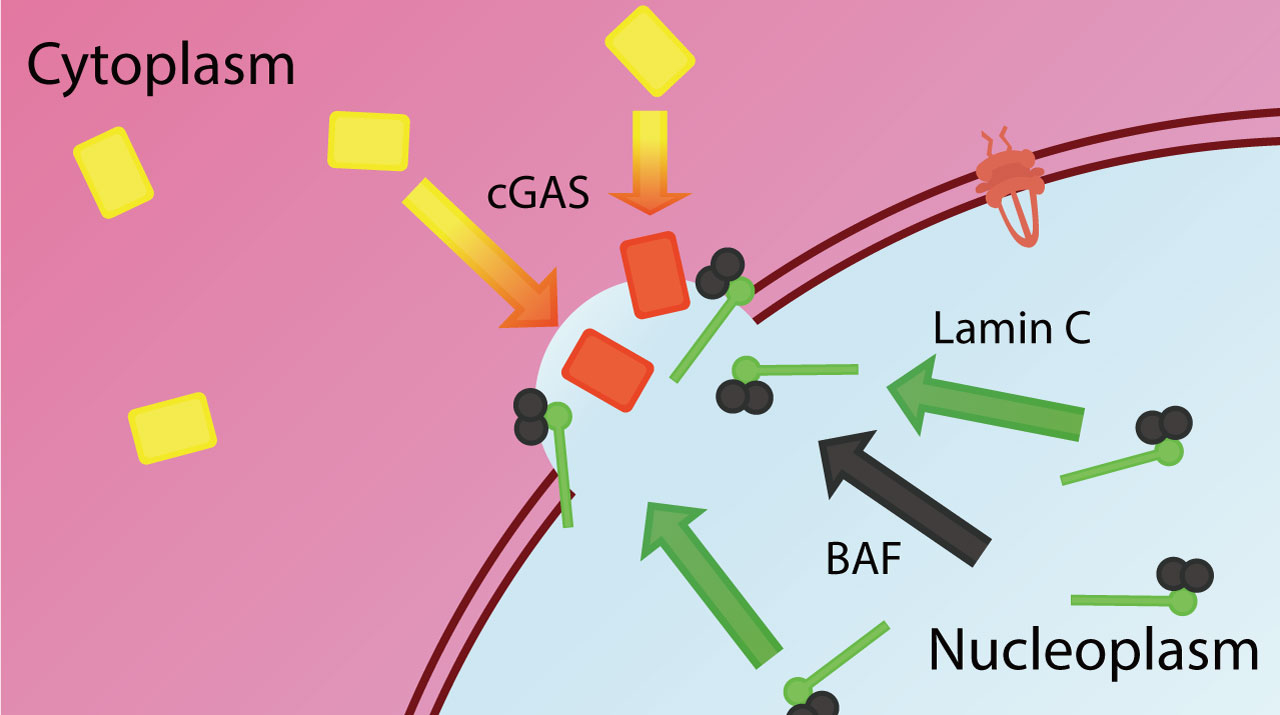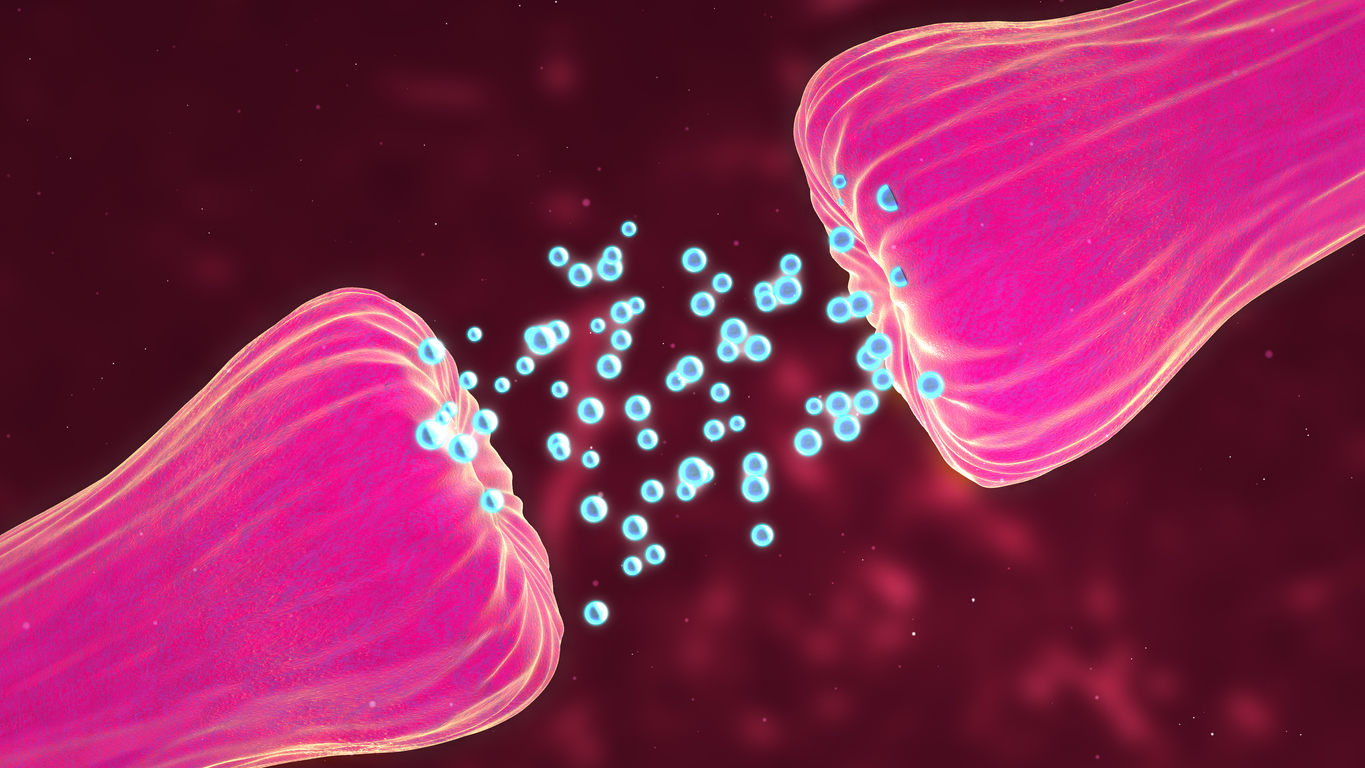According to a new study, adults in their forties and fifties who were in good health and had omega-3 fatty acids in at least some of their red blood cells had improved cognitive function and brain shape.
The elderly have been the focus of this link’s research. The majority of middle-aged indications of brain aging can already be avoided by taking omega-3 fatty acids, claims Claudia Satizabal, Ph.D., the study’s primary author.
Methodology.
The volunteers were 46 on average. The association between MRI and indicators of cognitive aging as well as the quantity of omega-3 fatty acids in red blood cells were investigated by the researchers. Additionally, it was looked at whether people with APOE4, a genetic variation linked to a higher risk of Alzheimer’s disease, had more omega-3 red blood cells.
The trial examining those who did not have dementia or a stroke found:
- Larger hippocampus sizes were seen in those with higher omega-3 indices. An essential part of the brain for memory and learning is the hippocampus.
- Improved abstract cognition, or the capacity to comprehend complex ideas through logical reasoning, was linked to higher omega-3 intake.
- In APOE4 carriers, higher omega-3 indexes were associated with a decreased risk of small-vessel disease. Heart disease and vascular dementia are both associated with the APOE4 gene.
Gas chromatography was used to assess the concentrations of eicosapentaenoic acid (EPA) and docosahexaenoic acid (DHA) in red blood cells. The omega-3 index was calculated using DHA and EPA.
EPA and DHA, according to the study co-author and postdoctoral researcher at the Biggs Institute Debora Melo van Lent, Ph.D., are crucial nutrients that support and shield the brain. They were among the first researchers to identify this effect in a younger demographic.
Participants were split into two groups: those with moderately to highly concentrated quantities of omega-3 red blood cells and those with very low concentrations. According to Satizabal’s research, those who consumed the least omega-3 fatty acids fared the worst.
How DHA and EPA safeguard the brain is unknown. According to one view, neurons (nerve cells) become unstable when these fatty acids are replaced with fatty acids that are not necessary for the membrane of neurons. DHA and EPA may also have a role because of their anti-inflammatory properties. Even though much more research is required in this area, Satizabal’s research shows that even a little increase in omega-3 in a diet can help preserve the brain.







